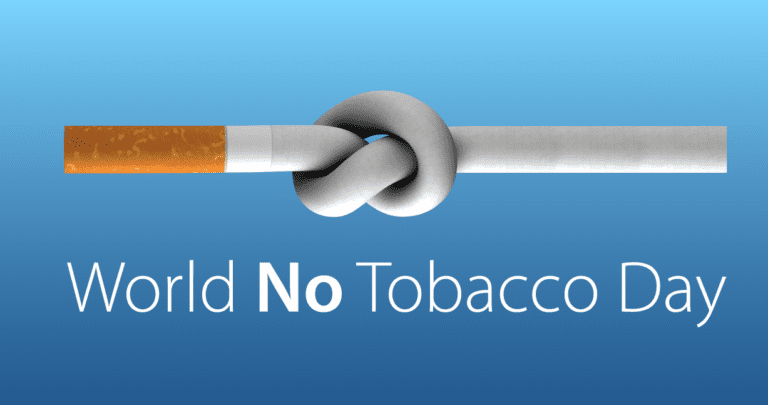On World No Tobacco Day, Pakistan’s Ministry of Health and the World Health Organization (WHO) reaffirmed their joint commitment to reducing the harmful effects of tobacco, which claims around 164,000 lives and causes an annual economic loss of PKR 700 billion (US$ 2.5 billion) in the country.
At an event held in Islamabad, officials stressed that all tobacco products—regardless of type or manufacturer—are dangerous to health, especially for children and teenagers.
The Ministry and WHO announced plans to take stronger steps against tobacco, including tighter enforcement of existing laws, promotion of tobacco-free public spaces, and better support for people who want to quit smoking. They also emphasized the need for higher taxes and stricter regulations to make tobacco less appealing, particularly to the youth.
A new “Toolkit for Tobacco Control in Pakistan” was also launched, designed to support health workers, law enforcement officers, and trainers in the fight against tobacco.
Speaking at the event, Additional Secretary of Health Laeeq Ahmad said Pakistan remains fully committed to creating a tobacco-free society and thanked WHO for its ongoing support. He added that well-designed policies, such as increased taxation, not only reduce tobacco use but also benefit public health and government revenues.
WHO Deputy Representative Ellen Thom highlighted the urgent need to protect young people from the influence of tobacco marketing. “Tobacco is not a candy; it is a killer,” she said, calling for stronger public awareness and policy action.
For the unversed, Pakistan ratified the WHO Framework Convention on Tobacco Control in 2004 and continues to receive technical support from WHO on areas like tax policy and tracking tobacco products.














